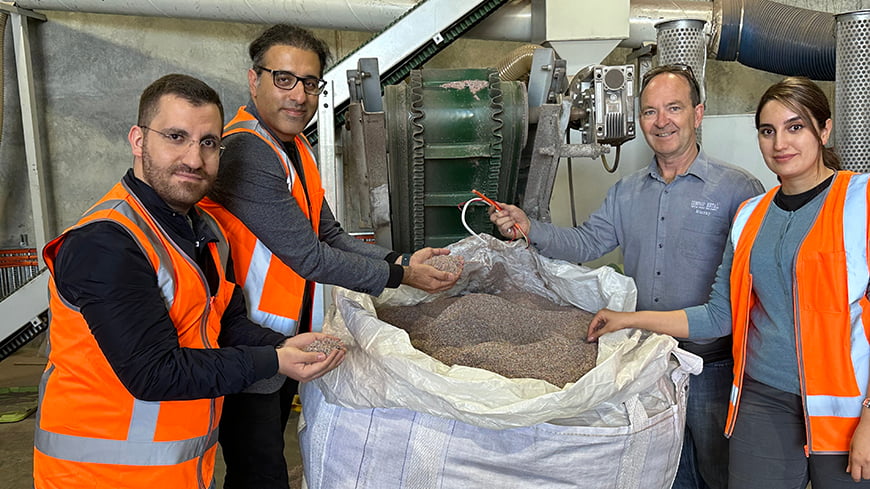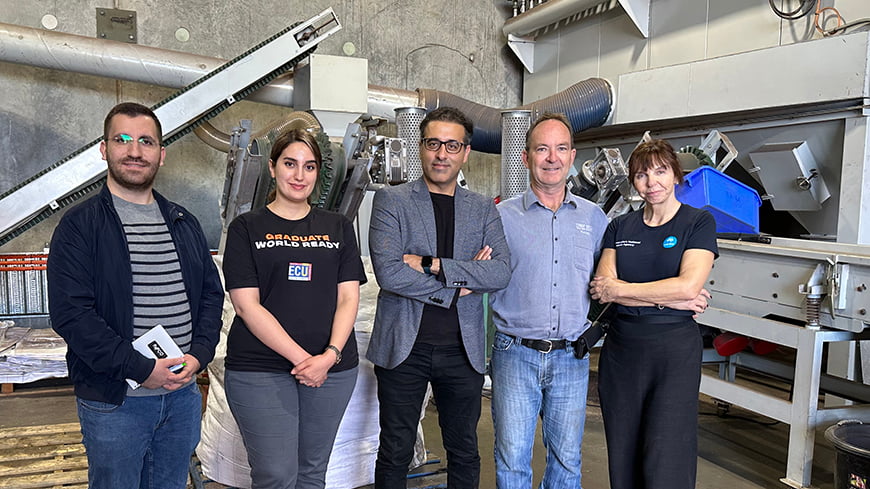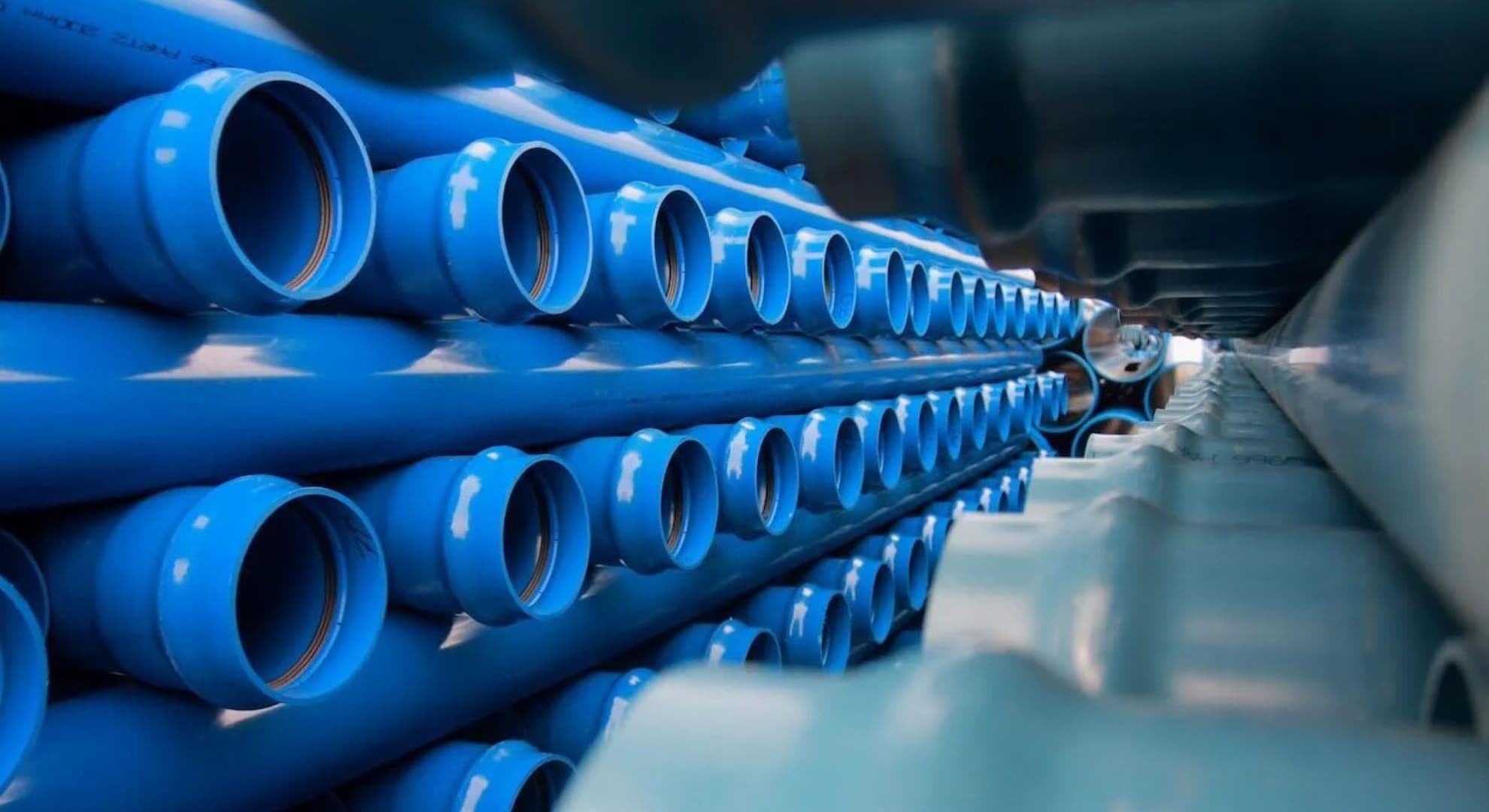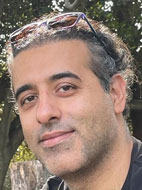
Polyvinyl Chloride - better known as PVC – has long been one of the world's most popular plastics - however for a number of reasons it has proven difficult to recycle.
Edith Cowan University (ECU) has partnered with Bunbury scrap metal merchants Connop Metal to address this, by developing a world-first method of analysing the chemical compositions of PVC to make it recyclable - right here in Australia.
ECU Engineering lecturer Dr Amir Razmjou said the partnership combines research and infrastructure to change the future of recycling.
"Recycling PVC materials is an important step towards sustainability, and it can have a significant impact on reducing waste," Dr Razmjou said.
"Our team is working on the project to recycle PVC materials and make them suitable for use as building blocks in products for water and wastewater treatment processes, as well as resource recovery."
This requires investigating the chemical composition of the recycled PVC and its impurities, as well as implementing a viable conversion technology.
By doing so, the team of researchers aim to help reduce the amount of PVC waste ending up in landfill or the ocean.
A global problem, a local solution
There are three main difficulties when it comes to PVC:
- It can be found anywhere, including in flooring, phone and computer cables, car parts, building materials and medical supplies.
- It is made up of toxic substances (such as chlorine) that are harmful to the environment and humans.
- PVC requires separation from other plastics before it can be recycled.
Currently, there are two methods of recycling PVC: mechanical recycling and feedstock recycling (using chemical processes such as using heat to convert waste).
These are expensive, strenuous methods that ECU researchers claim can be done cheaper and more efficiently.
According to Murray Connop the partnership between his company and ECU could change the future of PVC recycling.
"Having a goal for my company to achieve zero waste and knowledge that the PVC waste produced around the world needs to have a viable recyclable business model to keep it out of landfill I knew I could not achieve this alone," Mr Connop said.

Solution needed, soon
Escalating the PVC problem was the Australian Government’s 2020 decision to ban the export of unprocessed waste.
"With no PVC being exported to India or China, we now have an even greater impetus at a local level to reconfigure the processes by which we can recycle PVC," Dr Razmjou said.
"We are hoping to determine new uses for the plastic particularly in water and wastewater industry.
"PVC has some unique characteristics which makes it a suitable candidate for some applications in the industry."
According to Vinyl Council Australia, it is predicted up to 70,000 tonnes of recyclable PVC products arrives in landfill each year.
This represents potential reprocessing opportunities, which industry experts claim could generate local employment and business investment.
"There are major challenges in Australia for recycling PVC such as the low cost of virgin polymer and the high costs and carbon footprint of reprocessing and product development," Dr Razmjou explained.
"Although appropriate recycling technologies are available, their economics for recycling PVC are unfavourable; therefore, developing a green, low-cost, and high-valued product from recycled PVC is highly sought-after."
Research objectives:
- Investigate the chemical composition of recycled PVC and its impurities
- Analyse the impact of various impurities on the properties of recycled PVC
- Develop a viable conversion technology for recycled PVC
- Evaluate the properties of the converted PVC material and its suitability for use in water and wastewater treatment processes
Impact:
- This project will contribute to reducing the amount of PVC waste that ends up in landfills or the ocean
- Recycling PVC materials will promote sustainability and reduce the environmental impact of PVC waste
- The converted PVC material can be used as building blocks in products for water and wastewater treatment processes, which can improve the efficiency and effectiveness of these processes
The research collaboration is expected to span 10 months.
 The partnership combines research and infrastructure to change the future of recycling.
The partnership combines research and infrastructure to change the future of recycling.



